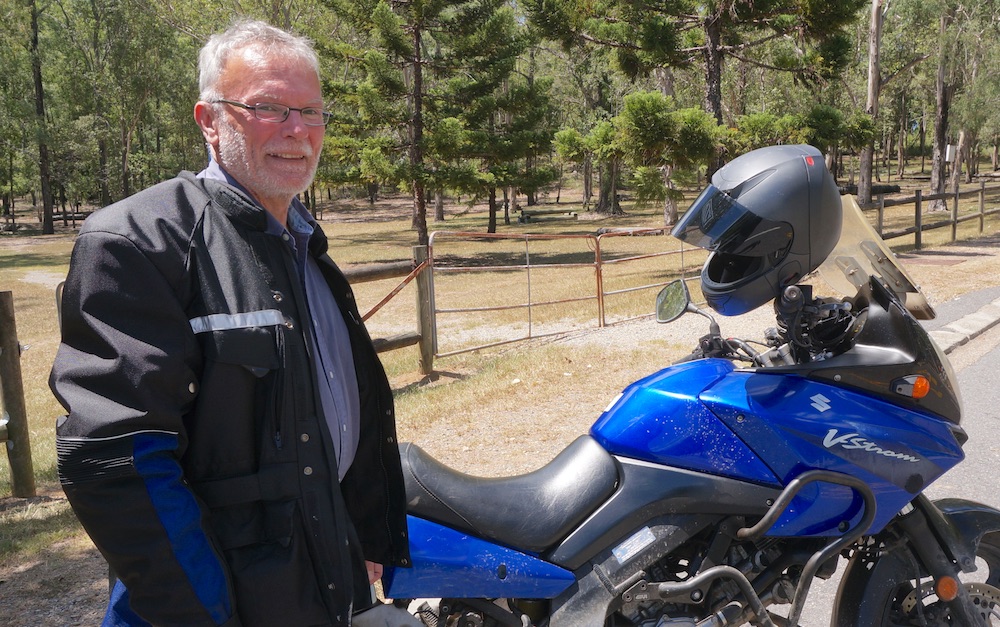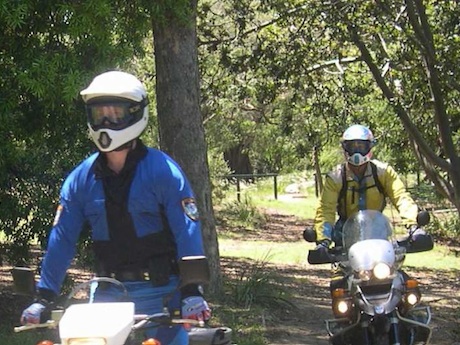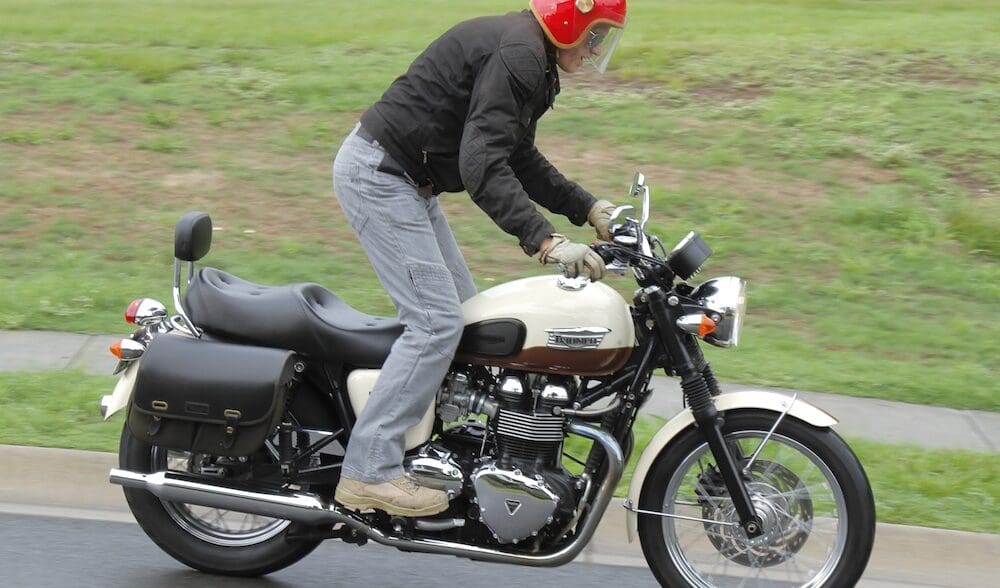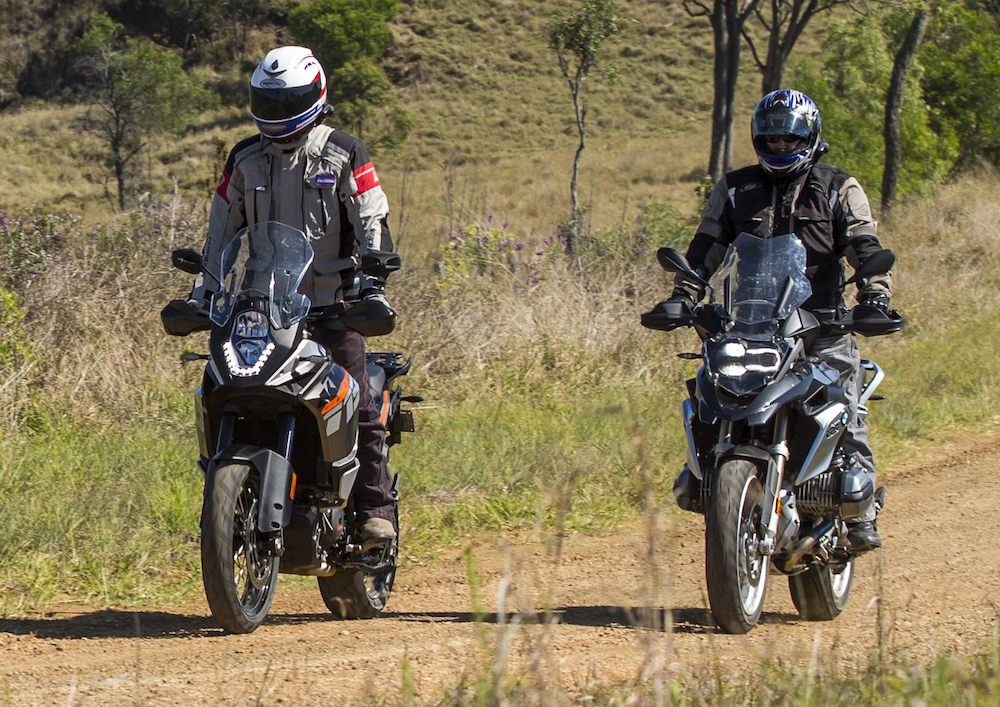A young rider has successfully defended a fine for standing on the footpegs after NSW police deemed it unsafe.
Over the past couple of years, all Australians states have changed the road rules to allow motorcycle riders to stand on the footpegs, with the caveat “when it is safe to do so”, or similar wording.
Motorcycle Council of NSW representative Guy Stanford says the road rule “safety” wording is “sloppy” and “waters down” the rule.

Similar wording is included in many other road rules, including lane filtering. Guy says the vague wording means police can use their opinion to harass and fine riders.
The change to the road rules allowing riders to stand on the footpegs, among other “control” amendments, was the result of advocacy by the Australian Motorcycle Council (AMC) and its state affiliates.
So when a young rider near the end of his P-plate period was fined for standing on the footpegs of his LAMS KTM dirt bike on Henry Lawson Drive, East Hills Park, the MCC NSW decided to test it in court this week.
They won!

This is from Guy’s report to the MCC NSW delegates on the test case:
Traffic is sparse. He stands on the pegs and continues through the McLaurin Ave lights, which are green. A Highway Patrol car waiting behind cars stopped in McLaurin sees him go by and pursues, writing him a ticket for, essentially, being unsafe.
He contacted the MCC of NSW.
We put him in touch with Kalpage & Co Solicitors and also provided to them, the reasoning and background submissions from AMC used to support changes to the road rule to allow standing on pegs.
The rider took the matter to court and won his case, all charges dismissed.
Yes, it cost him a few grand to defend.
The problem is that the wording in the road rule allows an opinion of what is “safe”.
This means the law can be applied by police in an unjust manner.
If you simply pay the fine, then you have admitted guilt and agreed that what you were doing was not safe.
In this case, an injustice at law has been addressed, as the solicitor prepared the case well and was able to demonstrate to the court that it was not “unsafe”.
This is where a good solicitor earns their fee.
Court procedures can be complex to navigate and it takes skill to conduct a good argument and avoid traps or misdirection.
What does this mean for riders?
Guy says riders will have to assess the safety of their actions whenever they choose to stand on the footpegs.
Standing on the footpegs on a dirt road as pictured above should be fine, but Guy says riders should ask themselves the question: “What will this look like in court?”
“Some may argue I should have asked ‘is this safe?’,” he says.
“A good rider is a good risk manager and would not attempt something that was not safe.
“We’re all adults here.”



